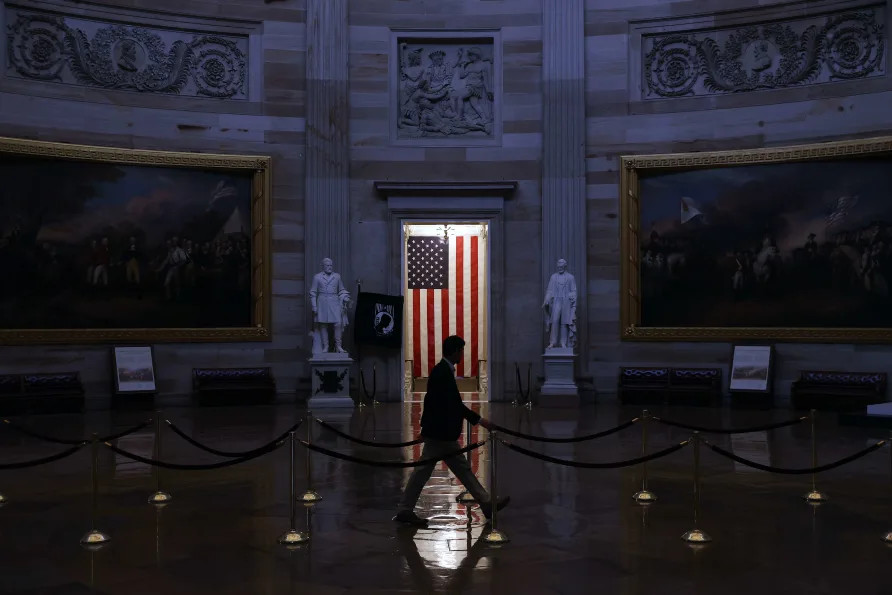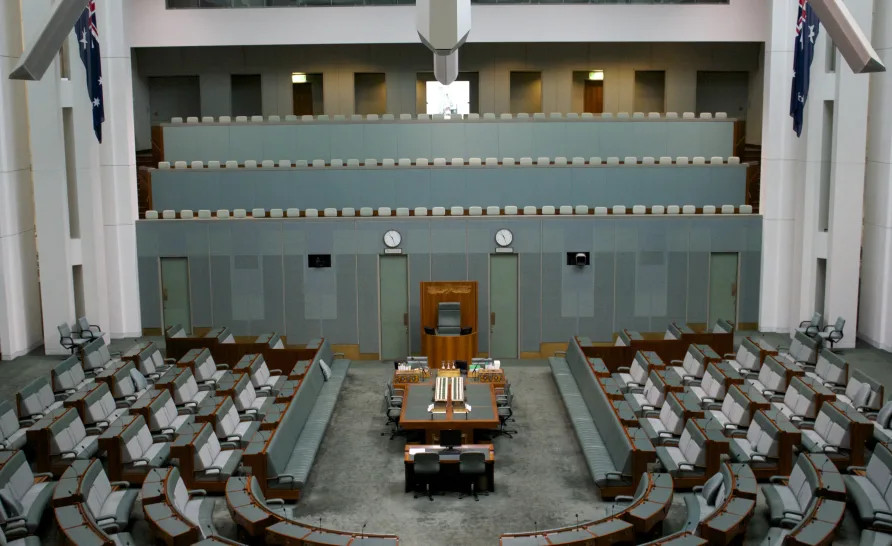
Politics & Society
Our government must trust the experts

The growing influence of think tanks could deeply transform the foundations of Australian education, particularly in policy development
Published 28 October 2015
The past decade has seen think tanks operate in sophisticated ways to influence the development of Australian schooling policies.
Think tanks like the Grattan Institute, the Centre for Independent Studies (CIS), the Institute of Public Affairs (IPA) and the Whitlam Institute have contributed significantly to policy debates, particularly on ‘bright light’ national reforms like curriculum, testing and funding.

Through research papers, opinion pieces, hosting lectures and advising policy makers, thinks tanks have influenced debates, demonstrating an exquisite grasp of political timing and an ability to achieve media impact.
The Grattan Institute has exerted particular skill in this regard, generating widespread media coverage and political impact when its School Education Program releases new reports.
Grattan is also engaged in a wide range of other policy areas, including health, energy, transport and the economy.

Politics & Society
Our government must trust the experts
The CIS has also developed an influential Education Program, issuing reports in areas including school funding, governance and literacy. It has also gained “insider access” to government processes, with members recently appointed to major government organisations.
This includes Senior Fellow at the CIS, Steven Schwartz, who is also the Chair of the Australian Curriculum, Assessment and Reporting Authority, which develops the Australian Curriculum, the My School website, and national literacy and numeracy tests.
The proliferation of Australian think tanks raises important questions about how these groups impact public policy, and whether their rising influence threatens or strengthens the foundations of democracy in our nation.
To conceptualise the rise of think tanks, it is useful to reflect on international trends, particularly in America, where think tanks are more embedded and have gained unprecedented influence over education policy.

The past decade, for example, has seen powerful American think tanks, headed by political elites and backed by significant philanthropic funding, fundamentally re-shape key aspects of schooling.
This has raised serious questions about whether elite economic and political actors are “working through” think tanks to undermine democratic processes and the ideals of representative democracy.
The Bill and Melinda Gates Foundation, for example, has channeled vast sums of money into funding think tanks promoting the Common Core State Standards (CCSS) initiative – a national set of numeracy and literacy standards adopted by nearly all US states.

Politics & Society
Is this the end of the “American Century”?
With the backing of Gates, think thanks like the Hunt Institute, the Alliance for Excellent Education and the Foundation for Excellence in Education have all strategically influenced the reform by producing pro-CCSS materials, building political support and shaping public debates.
The influence of the Gates Foundation in research and advocacy has been so profound that leading American education policy scholars suggested the landmark national reform would most likely not have succeeded without money from Gates.
What we have, therefore, is the most significant schooling reform in recent US history being driven not by “the American people”, but largely by a powerful philanthropic group that mobilised a coalition of think tanks to influence debates and advocate for the reform.
There is a serious risk, therefore, that the CCSS express less the deliberations of a national “political public” and more the vested interests of elites.
The proliferation of Australian think tanks raises important questions about how these groups impact public policy, and whether their rising influence threatens or strengthens the foundations of democracy in our nation.

While the American context might seem like an extreme version of think tank influence, we would be naive to believe Australian think tanks do not have similar vested interests and relationships with donors.
Australian think tanks are distinctly shady about where donor money comes from, with many outright refusing to publicly disclose information about donors. This includes think tanks on both sides of the political divide.
While there is an argument that donors have the right to remain private, the flipside is that a lack of transparency about where money comes from means potential links between donors and the agendas pursued by think tanks remains murky.
This murkiness makes it difficult to distinguish many think tanks from lobby groups, potentially pushing agendas for wealthy donors whose identities are concealed.

Politics & Society
Australia needs a democracy fix
As Mike Seccombe argued in a highly critical analysis of the IPA, the group is tight-lipped about its donors, but we know past donors have included Caltex, Esso, Philip Morris and British American Tobacco.
Rupert Murdoch also served on the IPA Council from 1986 to 2000, and his father, Sir Keith Murdoch, was a founding member of the IPA in 1943.
The IPA’s donors and connections have raised questions about its preference for certain agendas and not others, including arguments to privatise the Australian Broadcasting Corporation and arguments against “nanny state policies” like plain cigarette packaging.
The Grattan Institute, on the other hand, does publicly disclose its donors, with the exception of anonymous donations. This policy of disclosure might partly explain why Grattan reports gain such esteem and traction in the media.
Transparency helps keeps a check on the politics of influence.

Grattan’s success can also be attributed to its ‘centrist’ positioning at a time when the Australian public is increasingly disillusioned with the adversarial politics of the two major parties.
This also means it is well placed to feed the growing appetite amongst public servants to have policies shaped by actors, expertise and ideas external to the traditional confines of the bureaucracy.
We would also be misguided to think powerful philanthropic groups are not gaining influence in Australian policy in ways that are beginning to resemble the American context.
The Gates Foundatio already funds Australian research in a range of institutions (mainly in health), and is steadily extending its influence in Australian education policy, funding various policy actors and recent initiatives linked to schooling reforms.
It will be interesting to monitor the extent to which the Gates Foundation expands its work in Australian education over the coming years.
The growing influence of think tanks has the potential to deeply transform the foundations of Australian education, particularly in policy development.
In the future, it is likely Australia will see more strategic attempts by think tanks to influence public debates and shape reforms.
There is an argument to be made that growing think tank influence represents a greater plurality of voices and the emergence of a stronger civil society.

The problem is, in nations like America, rather than greater plurality, we are witnessing a growing convergence of policy ideas and practices proffered by intertwined networks of think tanks, driven by political and economic elites.
It is clear Australia has the potential to move in a similar direction.
There is good reason to be wary about the trajectory of think tank influence in Australia and to critically question the complex role these organisations play in the democratic process.
Banner: